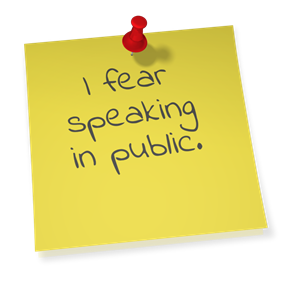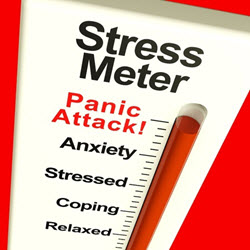Getting Clear About Worry or Concern
One could argue that worry is essentially amped-up concern about something, but either one can turn into a circular exercise in futility, whereby distinguishing what is a problem from what might be a problem is the real problem. Worry and concern are useful though when they become agents for change. Otherwise, they’re just entertaining distractions, keeping us from what’s important – doing real work and living to the fullest.









